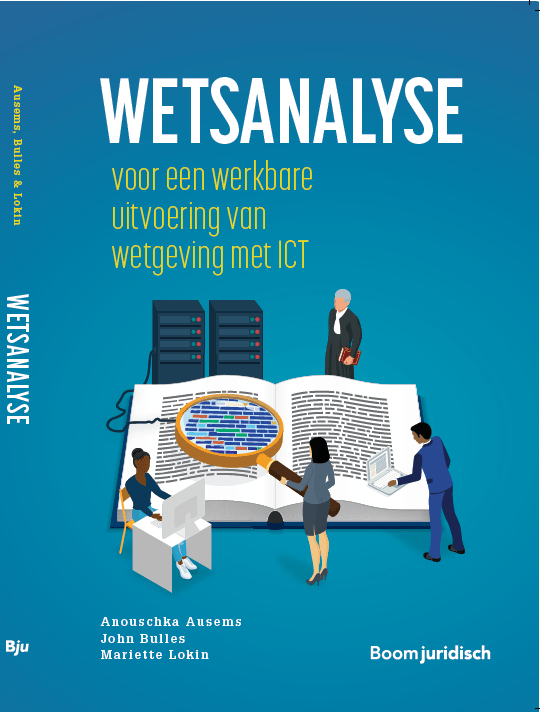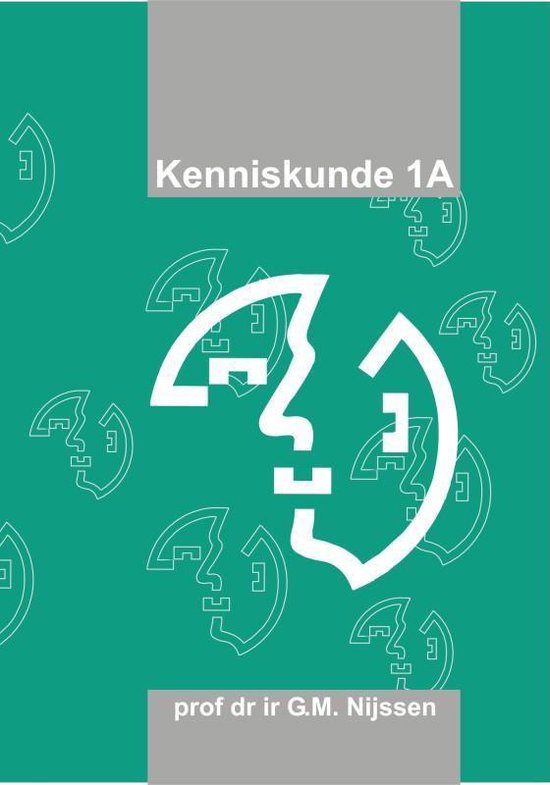A selection of our books, articles and white papers.

The government deploys ICT facilities on a large scale when implementing legislation. This makes it possible to make quick decisions about the rights and duties of citizens and companies, but also to provide customized services. A good translation of legislation into digital implementation practice requires precision in interpreting legislation and recording its meaning and structure. Multidisciplinary and iterative collaboration between lawyers, implementation experts, knowledge modelers and software developers is essential here. This bridges the gap between language and technology and helps ensure that rules literally end up properly in systems. It also ensures that decisions made based on them can be explained and justified.
This book describes an approach for Law analysis that supports the interpretation of legislation for an effective and explainable digital application of legislation as well as the cooperation between the disciplines involved. In addition, it shows the concrete application of Law analysis in two different legislative domains: the Health Insurance Act and the General Administrative Law Act.

In the industrial era, the generic skills of reading, writing and arithmetic were both essential for learning and practicing most occupations. In basic education, mastering the aforementioned generic skills took center stage. In advanced training, both at MBO and HBO and university levels, they were assumed to be familiar. Professionals in today’s economy are recommended, this book argues, to have a number of additional generic skills. These include at least the ability to learn new knowledge and skills faster, to learn to work prescriptively and very carefully with large amounts of structured articulable knowledge, and to be able to work within a fully coherent model with articulable knowledge.
Knowledge Science is the new subject that can provide the knowledge and skills needed for this.
Knowledge Science can be described as the additional reading, writing and arithmetic of the professional employee in learning and working in a knowledge-intensive enterprise. We can also think of Knowledge Literacy as a combination, an amalgamation, of attended language and those parts of mathematics and logic that are widely used by people in everyday practice.
In other words, Knowledge Literacy is a subject in which Dutch, mathematics and logic are for the first time fully integrated. Knowledge Science is the additional reading, writing and arithmetic intended for every professional knowledge worker, or the majority of the economically active population.